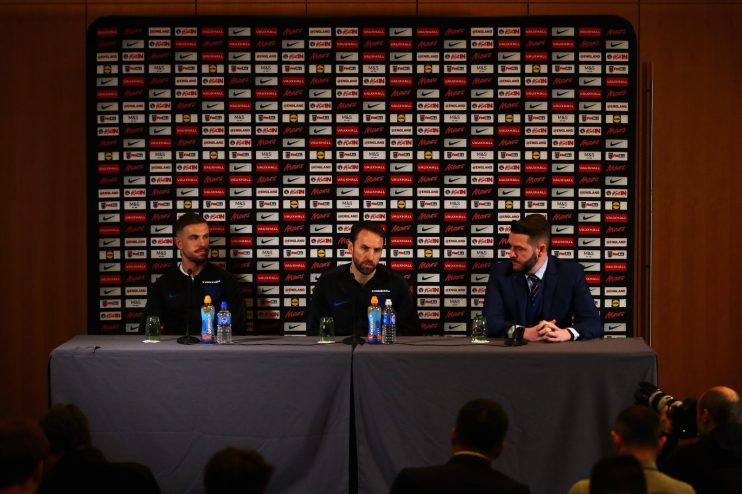The Big Rebuild: Why sport must recognise importance of PR before it’s too late

Covid-19 has ripped the sports industry to shreds, leaving a trail of bare-bones teams who are overworked and stretched.
During a second lockdown it might seem hasty to think about rebuilding and planning for the coming months. But we know that one day sport’s fan ban will be lifted.
Once it does, it will happen quickly, and so many will be ill-prepared.
This week it emerged that the government is considering allowing fans back as soon as December. Meanwhile, we are already seeing live sport with crowds in some parts of the world.
And just before the second spike hit, we saw a number of British sports teams hosting events. That included Harlequins who safely welcomed 3,500 supporters – with zero reported cases of Covid-19 reported afterwards.
We are seeing frustration throughout the industry, with the likes of the Olympic and Paralympic Games as well as football’s European Championship postponed, events cancelled and those able to continue behind closed doors are forecasting terrifying losses.
In that context, it seems almost impossible to strengthen back-up. However, vaccines mean there is now light at the end of the tunnel.
Whether March or even sooner, change is coming – and the industry needs to get ready.
Strategic PR needed alongside reactive comms
Sadly, the pandemic brought cost-saving exercises, meaning some organisations made significant cuts to their PR teams. My job was one of those that went.
This has been a response to a shift in strategy. Clubs have tended to keep less experienced staff at the expense of others.
To a degree it is understandable as they mainly need people to do basic day-to-day roles. There is no strategic element to it – that’s all been parked. They are in reactive mode.
Yet never has it been more important to engage stakeholders.
The loss of revenue while fans have been absent means that clubs must work even harder to appease their commercial partners, and even try to grow their sponsor portfolio.
There will be senior stakeholders within the organisations who will be nervous, uncomfortable and in need of reassurance.
Supporters are left in limbo around their season tickets, the future of the sport and team they love.
All of these stakeholders effectively need a socially distanced hug, reassurance that everything will be okay.
The experience lost to staff cuts will soon have to be re-built. They need leaders who can deliver impactful communications to these audiences, to give them the necessary reassurances.
Key driver of ticket sales
As well as looking at the present, the industry needs to be ready to bounce back. The tempo will increase, there will be more pressure from the top.
Before we know it, the demand for PR will see a rush to create and deliver strategies, support ticket and retail sales and work with commercial partners.
Communications is more than a luxury. It may be hard to measure against, which is why it’s seen a ruthless cull.
But it’s an essential tool for generating impactful media coverage to raise brand profile and ultimately support with commercial strategies to make the organisation a viable proposition. And it’s one of the key drivers to ticket sales.
Sadly, many won’t have been in a financial position to properly deliver the required PR strategy, and sport will lose out on so much great coverage and direction as a result.
But if there is even a glimmer of budget for some senior communications support then organisations should capitalise. If there’s no budget for internal growth, then consider freelance support.
Because before we know it, the lockdown will be over, fans will become a reality again and there will be increased demand for impactful, targeted communications.
Nick Rewcastle is founder of sports PR consultancy NR PR and the former Communications Lead at Harlequins.